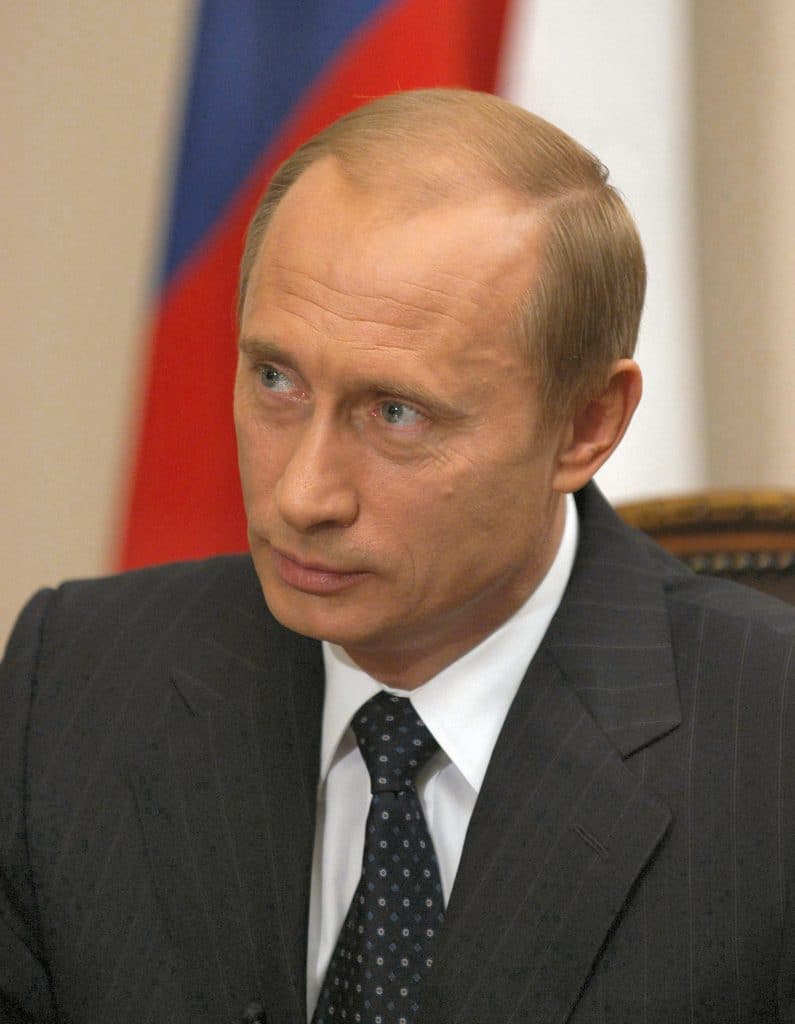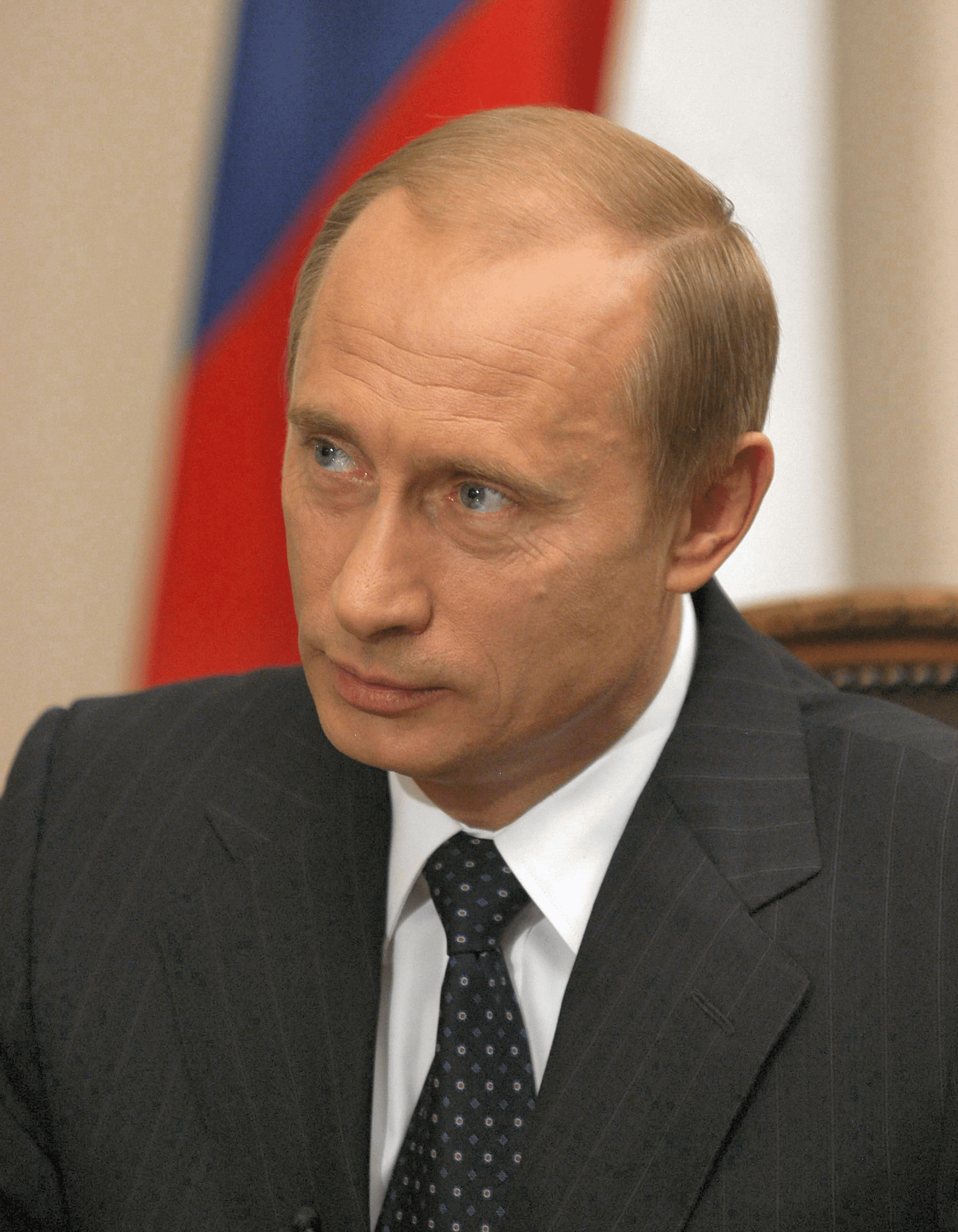
OPINION: Russian Withdrawal of Troops in Syria Creates a Russian Superpower
Photo Courtesy of Wikimedia Commons. By Kremlin.ru.
Christian Segers, Opinion Editor
Following the proposed extensive withdrawal of military personnel in the regime-led state of Syria, Russian Prime Minister Vladimir Putin has established his viability as a world leader.
Make no mistake, President Putin’s evacuation order on March 14, 2016 did not come from a position of weakness, nor did it come from an overwhelming desire to pacify the west (aka: America and its allies). In a singular move that shattered expectations and left the U.S. Executive Branch dumbfounded, Putin bolstered his credibility in a critical region where American influence has, until now, long dominated.
The Russian “invasion” of Syria commenced on Sept. 30, 2015, after Syrian President Bashar Hafez al-Assad requested military assistance to retaliate against opposing rebel and jihadist groups. The notable groups included The Islamic State of Iraq and the Levant (ISIL), more widely known as The Islamic State of Iraq and Syria (ISIS).
Lisa VanRiper, a professor at NGU, was asked to give her opinion on the Russian pullout.
“Putin should not be underestimated,” VanRiper said. “What looks like a pull out may be merely a pull back to strategic locations from where he can continue to pursue his long-term objective of monitoring and influencing the Middle East.”
Recent conventional talks in Geneva against Russia centered on the fact that, before any sort of parlay would be realized, Russia must abandon its Syrian aggression and march back to Moscow.
Before March 14, The Kremlin showed no signs of slowing its sorties. DefenseNews.com shed light on the question as to why Putin would consider pulling out of Syria, after the refusal to do so in almost half a year.
Defense News stated, “The timing of Russia’s withdrawal also betrayed Moscow’s true motives: its campaign in Syria was primarily intended to save the Assad regime from collapse, thereby ensuring Russian influence over the Syrian regime and winning a seat at the table equal in standing to that of the United States.”
By fulfilling the sole request of the west on its own timetable, Russia accomplished four things.
First, Putin stiff-armed American diplomacy, essentially telling the world that Russia will do what it wants, when it wants to do it.
Second, Russia succeeded in demonstrating the fact that there is a seismic shift in world power, and that if other nations wish to have the backing of a singular super power, then Russia will come to their aide in return for fealty. This is exemplified through President Assad, who must now back Russian interests in exchange for the services rendered over the last five and a half months.
Third, Russia comes to the 2016 Geneva peace convention with a proverbial full-house. After its characteristic display of strength, the European Union (EU) will find it hard to negotiate against the Russian war machine. Out of sheer fear, the negotiators will undoubtedly cede nearly anything Putin desires in return for Russia’s guarantees that they will continue to operate within bounds. This methodology takes the focus off of American interests, which is what Putin has expressed as a desire of his for years.
Russia will retain its military presence, despite the withdrawal of troops, by continuing to man air bases and vantage points. This leads to the fourth thing Russia accomplished.
The National Review stated, “What Putin is actually doing is withdrawing some of his forces — bomber-aircraft squadrons, for example — while retaining his military infrastructure (air bases, port facilities, etc.) in Syria. This allows the Russian leader both a pretense of diplomacy and retention of significant military power: gun-based power that equals political power.”
Do not be deceived, Russia is neither reeling from its losses nor is it under great duress. The withdrawal of troops out of Syria is a calculated repositioning of power by the political mastermind of Russia’s president. It is highly advisable that America’s leaders address the situation and perceive that the “olive branch” Russia has handed the west is actually a ticking time bomb. Let’s hope that members of the state can defuse it before the situation escalates to a point of no return.

